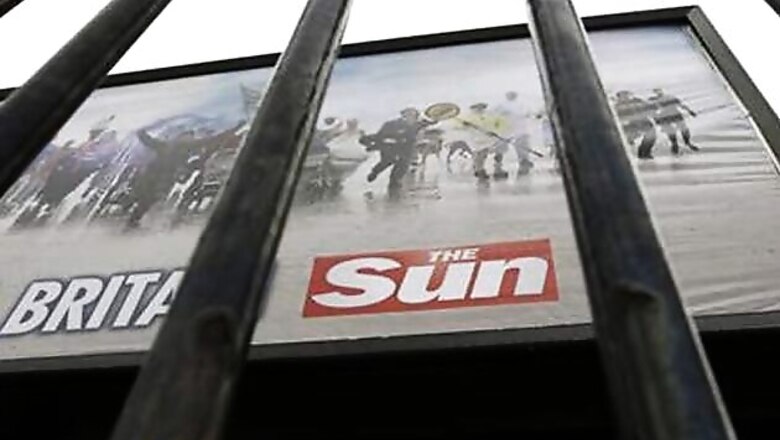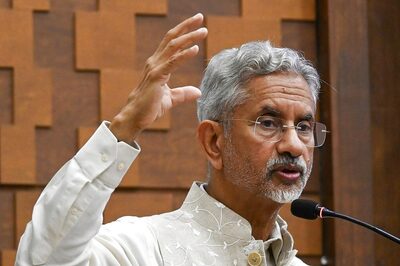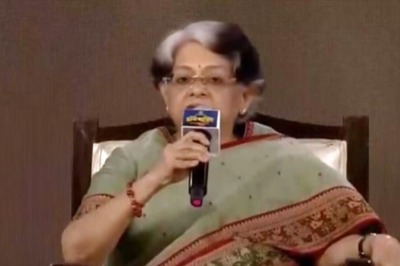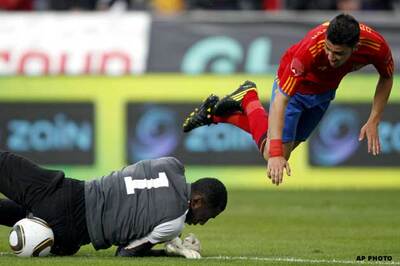
views
London: Rupert Murdoch will face hostile and angry staff when he arrives in Britain this week seeking to face down a growing rebellion within his newspaper business and end the talk that his flagship Sun could close following a string of arrests.
Those close to the media mogul expect the 80-year-old to show far more composure and calculation when he addresses journalists on a hostile newsroom floor, compared with his conduct last July when he suddenly shut the News of the World paper in the face of public revulsion over phone hacking.
"No one can imagine quite the pressure he was under in July," said one person familiar with the situation.
"The pace of it was incredible, it was very emotional and traumatic. This is very different."
Unlike in July, readers and, most importantly, advertisers have shown little reaction to news over the last two weeks that nine current and former senior staff have been arrested and questioned over payments made to police and other officials.
Politicians, who spectacularly turned on Murdoch following the admission that his journalists hacked into the phones of murder victims and Britain's war dead, have also held back in the knowledge that calling for the closure of the biggest selling newspaper would be a dangerous move to make.
But despite the different scenario, Murdoch is still under huge pressure. The FBI and other American government agencies have stepped up their hunt for signs of illegality at a US-based company. A case brought under the Foreign Corrupt Practices Act could result in fines of millions of dollars.
He is also under fire from within, having opened an internal investigation that resulted in the latest arrests and led to the talk among frightened and angry staff of a witch-hunt.
And he has few options as bankers say no company would want to buy the Sun or his Times newspapers until they have been thoroughly investigated. For so long one of the most powerful men in Britain, Murdoch is now effectively powerless to act.
Speaking from his experience as the editor of the Sunday Times for 11 years, Andrew Neil told Reuters: "The Sun has turned against Rupert Murdoch."
"He has put in place things he cannot stop. The Sun was the (UK paper) most loyal to Murdoch. It was closest to his heart. Now Sun journalists believe he has launched a witch-hunt to protect himself.
"He won't be welcomed. They won't believe his promises. They're sullen. They're resentful. They feel betrayed."
Thrown off a cliff
One company source told Reuters that staff felt let down and as if they had been thrown off a cliff by a man who used to champion their work. The source said the provocative tabloid had long been the 'apple of Rupert's eye', generating cash that enabled expansion elsewhere in Britain.
Now staff are bracing themselves for more arrests. A sense of siege mentality has developed while journalists are openly consulting lawyers to discuss the law and their rights.
"This is not just rank and file staff but people in the editorial chain of command of the Sun who are livid at the way their colleagues have been treated," a company insider said.
Much of the anger within News International, Murdoch's British newspaper arm, is directed at the unit set up by News Corp to root out any evidence of illegal behaviour, a group that includes the award winning journalist Will Lewis, previously the editor of the rival Daily Telegraph.
The Management and Standards Committee was set up at the height of the furore over phone hacking and was designed to rescue the company's reputation. However to some, it has become part of the problem as Murdoch now has little control.
The small committee is working alongside up to 100 personnel from top London law firms as well as forensic advisers and computer experts searching through more than 300 million emails, expense claims, phone records and other documents.
Some 15 or 20 police officers are actually embedded with the cleanup team and the committee is often asked to conduct specific searches and pass information back to the police.
While the committee has come under intense fire, there is practically very little that the group can do. Any attempt to hide information from the police or tip off journalists could result in criminal charges for those involved.
It also redacts any sensitive information to prevent police from learning the identities of confidential sources. Despite this, fears have grown that well placed sources will no longer want to talk to the Sun and Times journalists.
In a sign of the ill feeling towards the group, staff on the MSC file in to their office through special security to avoid other News International staff and work in soundproofed offices.
Alternative options
Analysts and bankers are adamant that however uncomfortable, efforts to clean up the paper are vital if News Corp (NWSA.O) is to ever consider selling the papers.
According to people familiar with the work of the MSC, it could take at least another 18 months.
In a sign of how important the committee's work is considered within the wider News Corp group, the company's new top corporate lawyer Gerson Zweifach has joined the committee, a separate source familiar with the situation told Reuters.
Roy Greenslade, a London professor of journalism who has worked for Rupert Murdoch, said the media veteran was in a very difficult place because he could not order the MSC to pull back their efforts, meaning he is instead left to try and appease seething journalists.
"I can't imagine he'll close the Sun," he said. "It's a hugely profitable paper, it keeps the Times and Sunday Times going and it would literally be him saying goodbye to his whole kingdom and I think that is a step too far at this stage.
"Last July was the first time he's ever done something out of panic but I think he'll be back to coldly calculating on this I'm sure. He's very aware of the fickleness of the public. The steps he will take will be very cleverly measured."




















Comments
0 comment